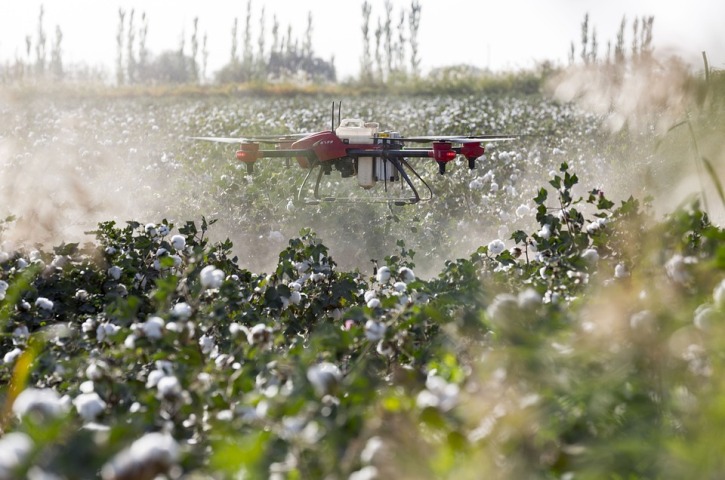Rwanda calls for climate resilient agricultural system to eradicate hunger in Africa by 2025

- Country:
- Rwanda
While the world is combating with rapid climate change, the experts in Africa have already started thing of activating climate resilient agricultural system that will help eradicating hunger in Africa by 2025.
The civil society organizations in Rwanda recently called for a regional dialogue on food and nutrition security in Kigali. As climate change is an augmenting threat to food and nutrition security on the African continent, the experts believe this is the right time to ponder over it so that the economies are not effected in future.
The majority of the African countries are suffering from poverty and low productivity in agriculture with serious human nutritional challenges, as said by the Chairperson of the board of governors for the Food, Agriculture and Natural Resources Policy Analysis Network (FANRPAN), Professor Sidi Osho.
“We are having a problem of climate change across Africa…it has affected the smallholder farmers’ crops and livelihoods,” she opined while expressing the requirement for irrigation technologies and increased budget allocation to agriculture, as reported by The New Times.
Prof Sidi Osho recalled a study of the United Nations Children’s Fund (UNICEF) revealed that one out of every five children is severely malnourished. The African presidents recommitted achieving eradication of hunger by 2015 in the overall continent and reducing stunting among the continent’s children to 10 per cent. This was recommitted in Malabo Declaration of June 2014.
The Executive Director of Scaling Up Nutrition (SUN) Alliance in Rwanda, Venuste Muhamyankaka cited that their 2015 study indicated that only 17 percent of children in Rwanda get appropriate breast milk supplement after six months of exclusive breastfeeding.
ALSO READ
Tanzania, Rwanda join African recall of J&J children's cough syrup
British PM Sunak's Rwanda scheme set to pass parliament but challenges await
Tanzania, Rwanda join African recall of J&J children's cough syrup
EXPLAINER-What is the UK's Rwanda migrant deportation plan?
Britain's contentious plan to send some migrants to Rwanda hits a hurdle in Parliament










